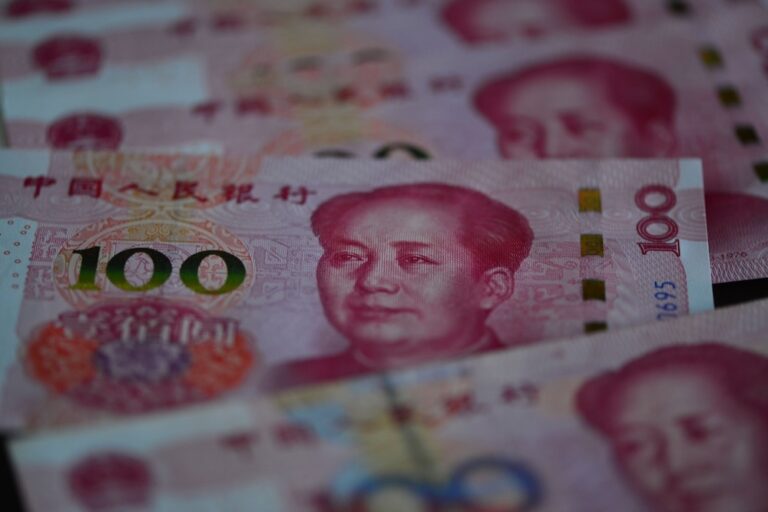Disappeared activist Cao Shunli is known for her work pressing the Chinese government to include input from activists in drafting the country's report for the UN Human Rights Council.
The Chinese government should immediately release Cao Shunli, a Beijing-based activist who has been forcibly disappeared since September 14, 2013, Human Rights Watch said on September 24. She has not been heard from since she was questioned and barred from boarding a flight to Geneva to attend a training session ahead of the United Nations’ Human Rights Council review of China’s rights record, planned for October 22.
Cao is known for her work pressing the Chinese government to include input from activists in drafting the country’s report for the top United Nations human rights body. Under a process called the Universal Periodic Review (UPR), each country’s human rights record is reviewed every four years. China is seeking a seat on the Human Rights Council.
“The president and member countries of the Human Rights Council should speak out against China’s systematic suppression of activists trying to take part in these human rights reviews,” said Sophie Richardson, China director. “China’s actions are eroding the integrity of the UN’s top human rights review process, and other countries shouldn’t let China get away with it.”
On September 14, Cao was passing through the immigration counter at the Beijing International Airport to board her flight to Geneva, Switzerland, when she was taken aside by the guards and interrogated, according to reports. She has not been seen or heard from since. Cao planned to join other activists in Geneva for a training workshop on international human rights ahead of China’s review. A number of other activists who were trying to travel to Geneva for the same purpose have been stopped at the airport, interrogated and threatened, and denied permission to travel. Cao is the only one whose whereabouts remain unknown.
The rules governing the periodic human rights review set up by the UN Human Rights Council encourage countries to consult the public and to include public participation in drafting the country’s report. The Chinese government’s report to the UPR claimed that “broad public input on the report was sought via the website of the Ministry of Foreign Affairs.”
Cao and a number of other people have been actively seeking to participate in drafting the government’s report to the UN rights body for the UPR. The activists have conducted surveys of petitioners about the human rights violations they experienced and have tried to submit the survey results to the government.
In October 2012, Cao submitted an application asking the Foreign Affairs Ministry to make public the details of the public consultation in the drafting of the state report. In November, she received a reply declining the request on the grounds that the review and process constituted “state secrets.”
In June, following a 10-month detention, a member of the group, Peng Lanlan, was sentenced to a year in prison for “obstructing official business.” Peng was released in August, the group Chinese Human Rights Defenders reported.
Since June, human rights defenders have demonstrated outside the Foreign Affairs Ministry to protest the lack of consultation with independent groups and activists before the UN rights review. The demonstrators were forcibly removed at least three times, with dozens detained briefly by police on one occasion.
A group of activists attempted to file an administrative lawsuit against the ministry to require it to disclose UPR-related information. Earlier in September, a Beijing court rejected the case on the grounds that the UPR process was the sole province of “foreign affairs.”
Since February the government has arbitrarily detained at least 56 activists, taken into custody critics and online opinion leaders, and increased controls on social media, online expression, and public activism.
“The Chinese government has persecuted and punished citizens simply for trying to submit input in the human rights review process,” Richardson said. “Other member countries should not turn a blind eye to China’s violation of the UN rules.”


